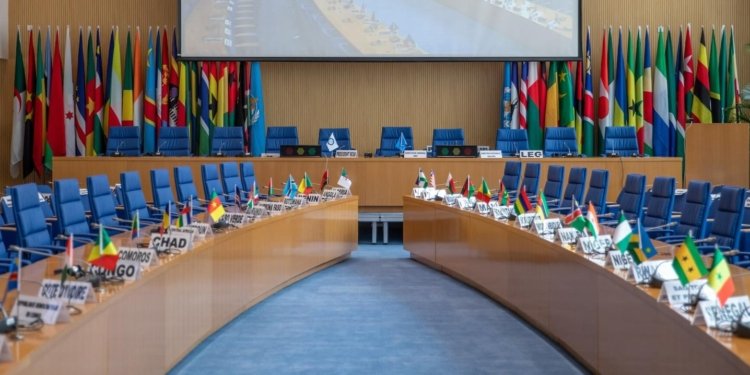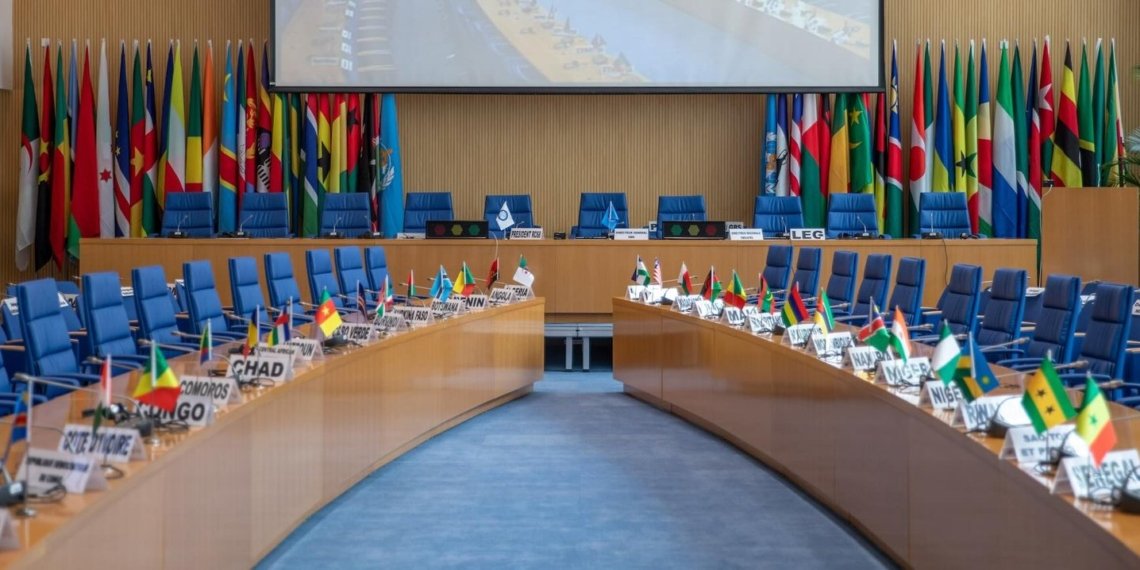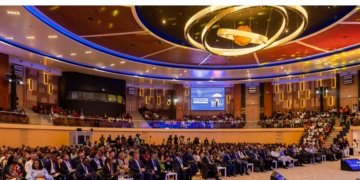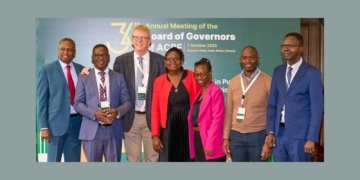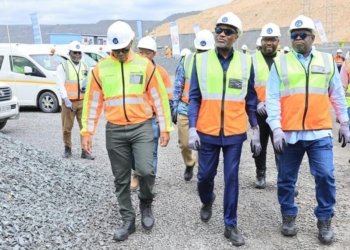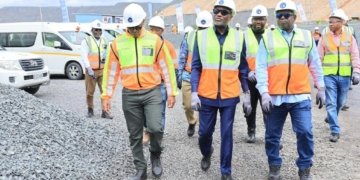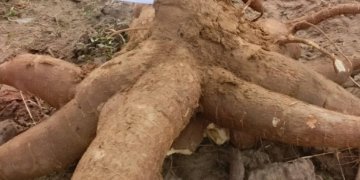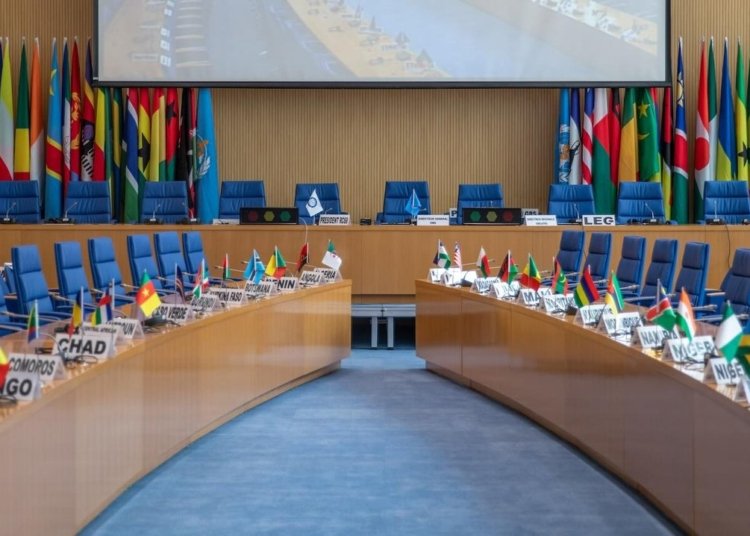GENEVA – With health systems under strain and funding in decline, the World Health Organization’s Africa region faces an important leadership vote on May 18 following the sudden death of its regional director-elect, Dr. Faustine Ndugulile, in November 2024.
Four candidates from Guinea, Côte d’Ivoire, Tanzania and Togo are competing for the top WHO Africa position, each bringing extensive public health experience and a distinct vision. They also offer distinct priorities for leading the region through uncertainty.
At a public forum on April 2, Dr. Dramé Mohammed Lamine of Guinea focused on the consequences of the U.S. withdrawal from the WHO, warning that its impact on disease treatment programs could be devastating.
“In the months to come, if things do not change, we will have five or six countries in Africa that will no longer be able to provide treatment,” he warned.
If elected, Dr. Dramé pledged to convene a regional health diplomacy conference within his first 100 days. He called for scaling up local production of essential medicines and expanding partnerships beyond traditional donors.
“We have to promote local production, the production of medicines, but in a mutualized way,” he said. “Why not the Gulf countries? Why not China? Why not other actors? And leave the door open to the United States, as long as they are available.”
Competing Priorities for Reform
The other candidates presented competing ideas for reform while agreeing on the urgency of change.
Dr. Michel Yao of Côte d’Ivoire, WHO’s director of strategic health operations, emphasized strengthening primary care systems and tailoring support to national needs.
“I dream of an African community in better health, supported by a regional office of the WHO that effectively meets the needs of member states.” He said his vision is to collaborate with all the parties, especially by valuing local skills.
Professor Mohamed Yakub Janabi of Tanzania, a hospital director in Tanzania, focused on accountability and outcomes.
“Africa, where it is today, deserves a leader who has a vision, but also the ability to deliver results effectively and transparently,” he said. “I have seen people who lacked access to health care, not because they lacked will, but because they had to use all their livelihood to pay bills.”
Professor Mijiyawa Moustafa, former health minister of Togo, called for system-wide reforms rooted in efficiency and sustainability.
“I have the ambition to make of our continent a space where access to health is made possible by an efficient and resilient system,” he said. He proposed aligning WHO’s regional programs with national strategies and advancing the Sustainable Development Goals.
Critical Questions for the Next Leader
All four candidates prioritize universal access, stronger health systems and preparedness for health emergencies. But their approaches differ.
Should the next regional director focus on health diplomacy or delivery systems? Is regional production of medicines a viable solution, or a long-term gamble in an urgent context?
Can WHO Africa’s next leader manage rising expectations with limited resources? And will they have the political leverage to act independently while coordinating with a broad range of stakeholders?
The May vote will decide the next regional director and test the region’s ability to address urgent health threats while laying the foundation for long-term reform amid shifting global dynamics.
